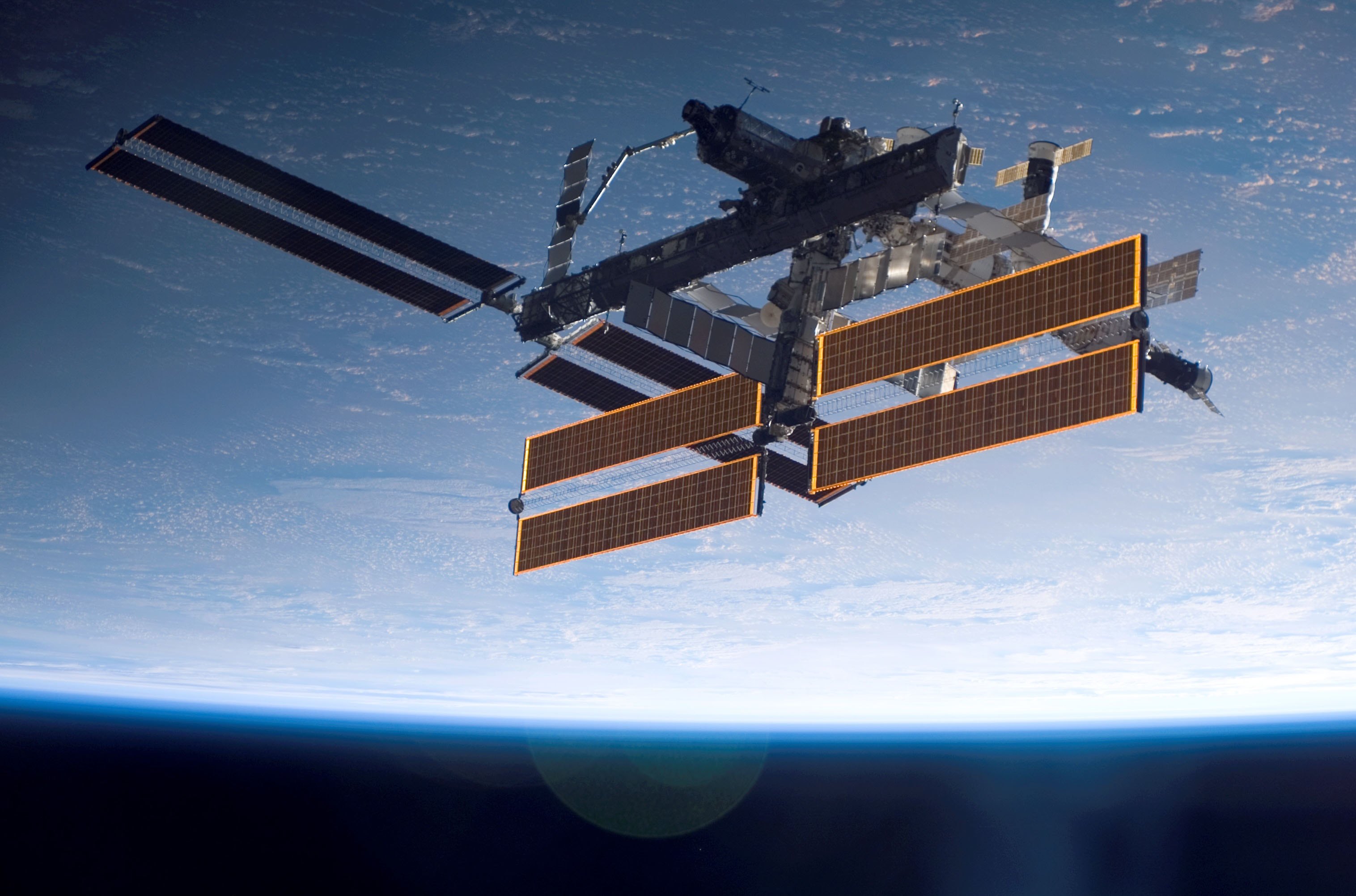Can you commit a crime in space?
Nasa astronaut is under investigation in what could be the first crime committed in space

A free daily email with the biggest news stories of the day – and the best features from TheWeek.com
You are now subscribed
Your newsletter sign-up was successful
As investigation has been launched into what is believed to be the first crime committed in space, after an astronaut allegedly hacked into her wife’s bank account from the International Space Station (ISS).
Anne McClain, whom The Independent describes as one of the Nasa’s “top astronauts”, reportedly accessed Summer Worden’s bank account “multiple times” without consent between January and February while about the ISS.
Worden told KPRC, a news outlet based in Houston, Texas, that she was “shocked and appalled at the audacity by her to think that she could get away with that.”
The Week
Escape your echo chamber. Get the facts behind the news, plus analysis from multiple perspectives.

Sign up for The Week's Free Newsletters
From our morning news briefing to a weekly Good News Newsletter, get the best of The Week delivered directly to your inbox.
From our morning news briefing to a weekly Good News Newsletter, get the best of The Week delivered directly to your inbox.
McClain, who returned to Earth in June after being stationed on the ISS for six months, told her followers on Twitter that there are “unequivocally no truth to these claims.”
Investigators are yet to decide on whether the incident “actually constitutes a crime”, but The Verge argues that it certainly “raises questions” about how crimes are handled in space.
Can you be punished for committing a crime in space?
Yes. While space itself isn’t owned by any one nation, the ISS is run by five different international space agencies. These include the US, Canada, Japan, Russia and “several European countries.”
A free daily email with the biggest news stories of the day – and the best features from TheWeek.com
Legal framework dictates national law applies to “any people and possessions in space”, the BBC says. That means that if a Canadian were to commit a crime aboard the ISS, they would be subject to Canadian law.
With this in mind, the fact that McClain was in space at the time the incident occurred shouldn’t cause too many legal headaches, as the dispute will be settled in her home country of the US.
What if a crime were to involve astronauts of different nationalities?
If two astronauts from differing counties were to be involved in a dispute while in orbit, the two governments would have to “consult with one another and figure out which type of law to use”, according to The Verge.
Governments are given a maximum of three months to discuss any incident, the tech site says. If neither party can agree on who to punish when the time elapses, the government of the alleged victim is given jurisdiction “if the alleged perpetrator refuses to cooperate with the negotiations.”
Do the same rules apply to privately run space craft?
To an extent, yes. If an American citizen were to commit a crime while aboard a private vessel, such as SpaceX’s upcoming Crew Dragon capsule, their actions could still be punished under US laws.
The same can be said for firms themselves, so a Japanese rocket maker could face punishment in their home country if they were to commit a crime in space.
However, the legal framework for crimes committed on private vessels isn’t as comprehensive as those relating to craft built by space agencies - particularly if issues arise between citizens of different nations.
Jessica Sweeney Noble, a lawyer for commercial space firm Nanoracks, told The Verge: “As more private actors are starting to enter space, and as we see them staying for any kind of duration on a commercial space station, then we’re going to have to look at how we address criminal jurisdiction for even petty crime.”